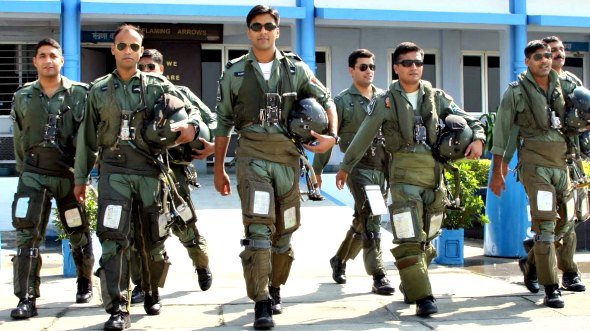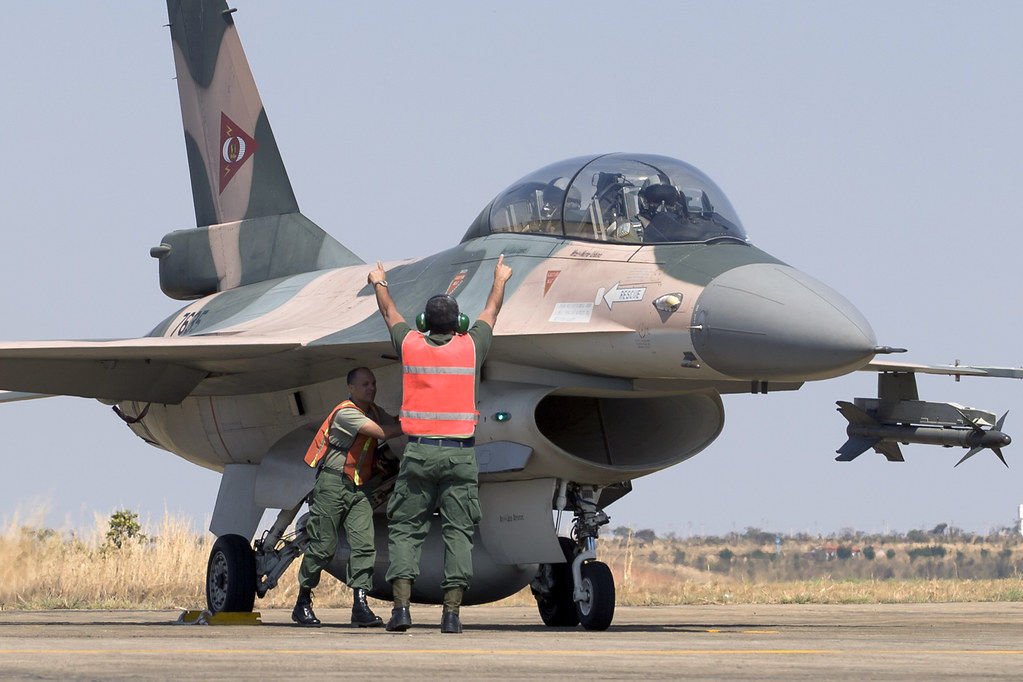
INTRODUCTION:
The Air Force Common Admission Test (AFCAT) is a gateway for candidates aspiring to embark on a career in the Indian Air Force. It evaluates a wide spectrum of abilities across four key sections: General Awareness, Verbal Ability in English, Numerical Ability, and Reasoning and Military Aptitude. Mastery in these areas reflects the diverse set of skills required for the challenges and responsibilities in the Air Force. Understanding and excelling in these sections are crucial for candidates aiming to secure their position in this esteemed military branch.
SYLLABUS
General Awareness
- Indian History and Culture: Questions may cover ancient, medieval, and modern periods of Indian history, cultural developments, and significant historical events and figures.
- Indian Economy: This includes understanding the basic economic structure of India, significant economic policies, fiscal and monetary policies, and key economic indicators.
- Indian Polity: Knowledge of the Indian Constitution, fundamental rights and duties, the structure of the Indian government and judiciary, and significant policies and laws.
- Science and Technology: Questions may cover basic concepts and advancements in physics, chemistry, biology, and technology, including space and defense technology.
- Sports: Awareness of major sports, tournaments, and awards, both national and international, and knowledge of significant sports personalities.
- Current Affairs: Keeping up-to-date with national and international events, significant achievements, and developments in various fields.
Verbal Ability in English
- Grammar and Vocabulary: This includes questions on parts of speech, tenses, subject-verb agreement, and usage of words.
- Comprehension: Reading passages followed by questions that test understanding of the passage, inference, and the ability to deduce conclusions.
- Sentence Completion: Filling in blanks in sentences with appropriate words to complete them meaningfully.
- Error Detection: Identifying grammatical errors in sentences.
- Synonyms and Antonyms: Questions testing knowledge of words and their meanings, including words that have similar and opposite meanings.
Numerical Ability
- Number Systems: Understanding of different number systems, operations on numbers, and properties.
- Percentage: Calculation of percentages, percentage change, and application of percentages in various situations.
- Ratio and Proportion: Questions involving comparison of quantities, mixture problems, and direct and inverse proportions.
- Average: Calculation of averages in different contexts, understanding of weighted average.
- Profit and Loss: Understanding concepts of profit, loss, discount, markups, and markdowns.
- Simple and Compound Interest: Calculation of interest under different scenarios and understanding of the concepts of principal, rate, and time.
Reasoning and Military Aptitude Test
- Verbal Skills: Includes questions on analogies, classification, series, coding-decoding, and blood relations.
- Spatial Ability: Questions that test the candidate’s ability to think about objects in three dimensions, including paper folding, block assembly, and mirror images.
- Data Interpretation: Ability to interpret information from graphs, charts, and tables and to make calculations based on the data provided.
- Embedded Figures: Identification of a figure embedded within a group of other figures.
- Rotation and Reflection: Questions that involve understanding the orientation of objects and their mirror images.
AFCAT Exam Pattern

Mode of Examination: The AFCAT is conducted online, as a Computer-Based Test (CBT).
Number of Questions: The examination comprises 100 questions.
Type of Questions: All questions are Multiple Choice Questions (MCQs), with each question having four options, out of which one is correct.
Total Marks: The exam is for a total of 300 marks, with each question carrying 3 marks.
Duration: The total time allotted for the AFCAT exam is 2 hours (120 minutes).
Negative Marking: There is a negative marking scheme, where for every incorrect answer, 1 mark will be deducted. There is no penalty for questions that are left unanswered.
Sections: The examination is divided into four sections:
- General Awareness
Verbal Ability in English
Numerical Ability
Reasoning and Military Aptitude Test
Detailed Section-wise Marks Distribution
While the AFCAT exam includes questions from four different areas, the specific number of questions from each section is not predefined. However, the distribution is such that it tests the candidate comprehensively across all required domains. - Additional Test for Specific Entries
EKT (Engineering Knowledge Test): For candidates applying for the Technical branch, an additional test called EKT is conducted just after the AFCAT. The EKT is 45 minutes long, with 50 questions worth 150 marks, designed to assess engineering knowledge.

CONCLUSION:
Preparing for the AFCAT examination is a journey of enhancing one’s knowledge, sharpening skills, and aligning with the expectations of a career in the Indian Air Force. Each section of the examination—General Awareness, Verbal Ability in English, Numerical Ability, and Reasoning and Military Aptitude—demands a strategic approach to learning and practice. Success in this examination opens the door to serving in one of the most prestigious defense forces in the world. Candidates are encouraged to embrace a comprehensive preparation strategy to achieve excellence in the AFCAT.
For More Information about Other Examination- CLICK HERE
To Know About Detailed Information about Railway Exam- CLICK HERE